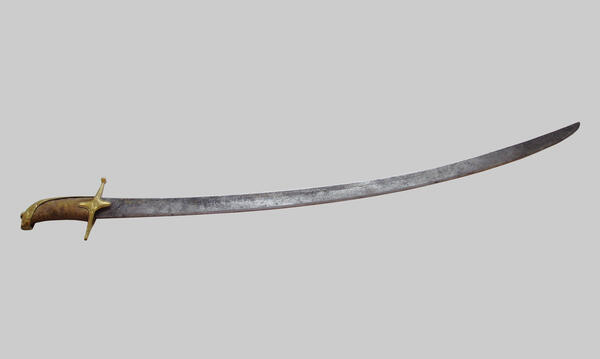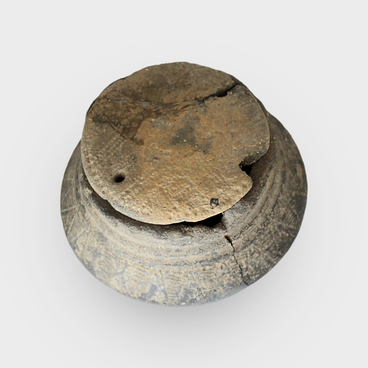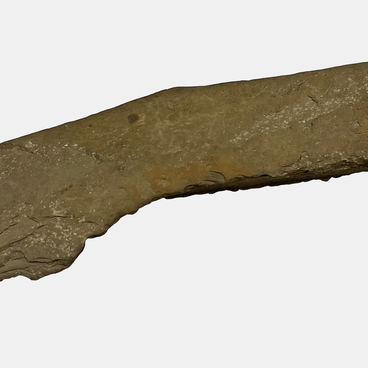The saber, which is presented in the exposition of the National Museum of the Republic of Bashkortostan, according to the legend, belonged to the national hero of the Bashkir people Salavat Yulaev. It was forged presumably in the 18th century.
Salavat Yulaev was an ally of Emelyan Pugachev, a participant in the Peasant War of 1773-1775. Salavat Yulaev was born in 1754 in the village of Tekeevo, Ufa province, Orenburg district. The modern-day territory of the Republic of Bashkortostan. The village of Tekeevo is no longer in existence. When the Pugachev Uprising was suppressed, it, like many other villages whose population participated in the riot, was burned by the regular army units of Empress Catherine II.
Before the Peasant War, Salavat’s father, Yulai Aznalin, served in the Russian Imperial Army and was well respected. For his courage shown in battles, he received from the tsar not only awards, but also lands in the Orenburg district. However, during the period of factory construction, the lands of many Bashkirs were given to industrialists. Therefore, the Bashkirs supported Pugachev — they wanted their lands returned.
Salavat Yulaev was 19 years old when he, together with his father in the Berdsk fortress, first met with Pugachev. From that day until his arrest in 1774, he was at the center of the events of the Peasant War.
Salavat Yulaev was an ally of Emelyan Pugachev, a participant in the Peasant War of 1773-1775. Salavat Yulaev was born in 1754 in the village of Tekeevo, Ufa province, Orenburg district. The modern-day territory of the Republic of Bashkortostan. The village of Tekeevo is no longer in existence. When the Pugachev Uprising was suppressed, it, like many other villages whose population participated in the riot, was burned by the regular army units of Empress Catherine II.
Before the Peasant War, Salavat’s father, Yulai Aznalin, served in the Russian Imperial Army and was well respected. For his courage shown in battles, he received from the tsar not only awards, but also lands in the Orenburg district. However, during the period of factory construction, the lands of many Bashkirs were given to industrialists. Therefore, the Bashkirs supported Pugachev — they wanted their lands returned.
Salavat Yulaev was 19 years old when he, together with his father in the Berdsk fortress, first met with Pugachev. From that day until his arrest in 1774, he was at the center of the events of the Peasant War.
Salavat Yulaev took part in many key battles of the peasant war. The surviving documents testify to the personal participation of Salavat Yulaev in more than twenty battles. Thanks to his father, Salavat was well acquainted with military affairs and was also highly literate: he knew Russian well, could work with the written reports of the Russian army and did not experience difficulties in commanding various insurgent detachments. He distinguished himself by taking the Simsky and Katavsky factories (thus returning his father’s lands for a short time), besieging the Chelyabinsk fortress, participating in the siege of Orenburg, burning the Krasnoufimsky fortress and seizing its arms supplies and treasury. For a little over a year, Salavat participated in 28 clashes with regular units of the Russian army, 11 of which he conducted independently, the rest as part of the main army of Emelyan Pugachev.
The saber, which according to the legend belonged to Salavat Yulaev, was presented by the Bashkirs to Latvian researchers. It was kept in the Museum of the History of the Latvian SSR. In 1986, the Latvian Museum donated the valuable exhibit to the homeland of Salavat Yulaev.
The saber, which according to the legend belonged to Salavat Yulaev, was presented by the Bashkirs to Latvian researchers. It was kept in the Museum of the History of the Latvian SSR. In 1986, the Latvian Museum donated the valuable exhibit to the homeland of Salavat Yulaev.



